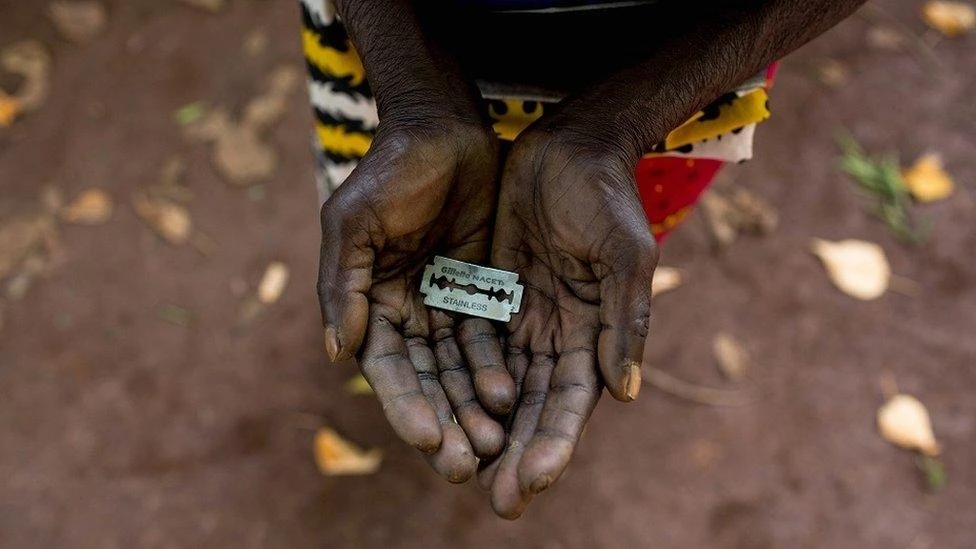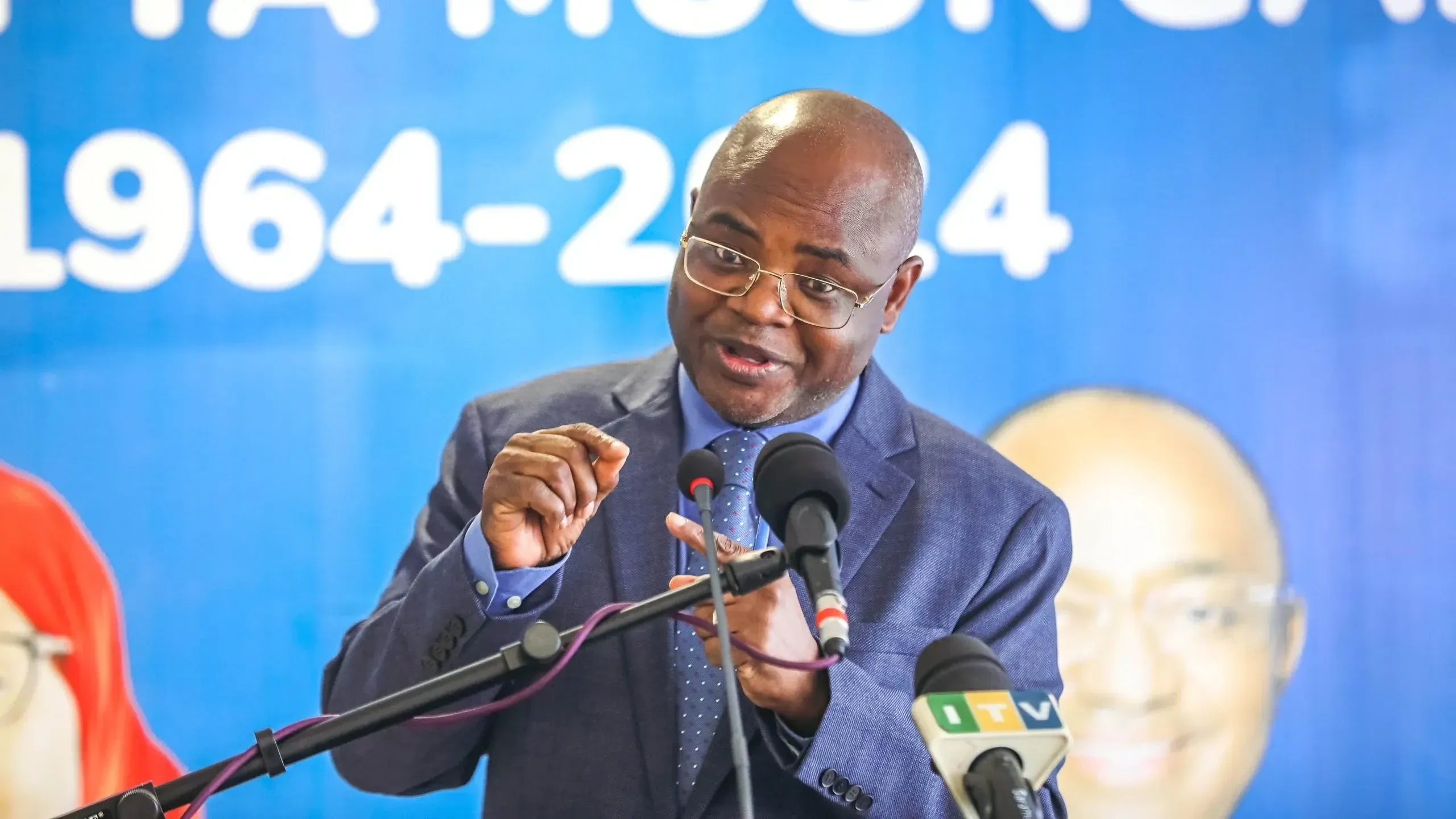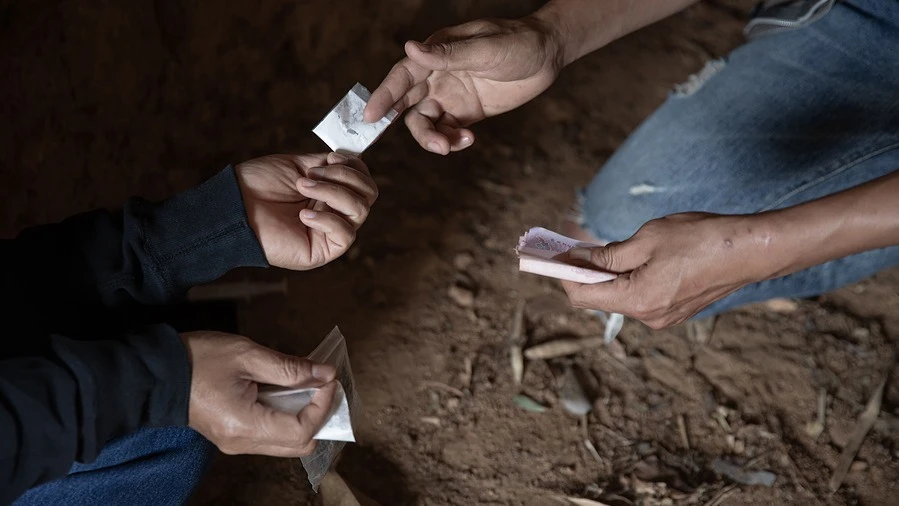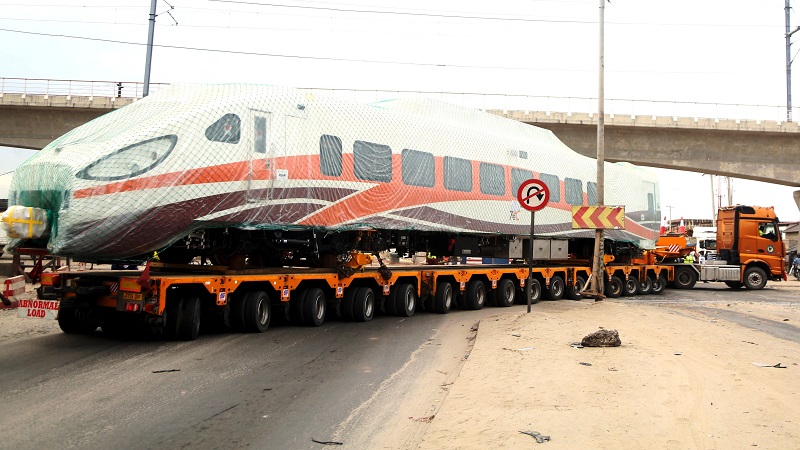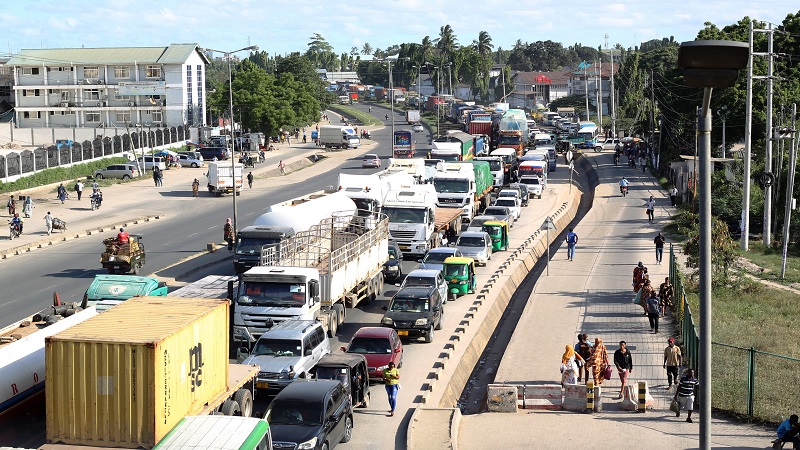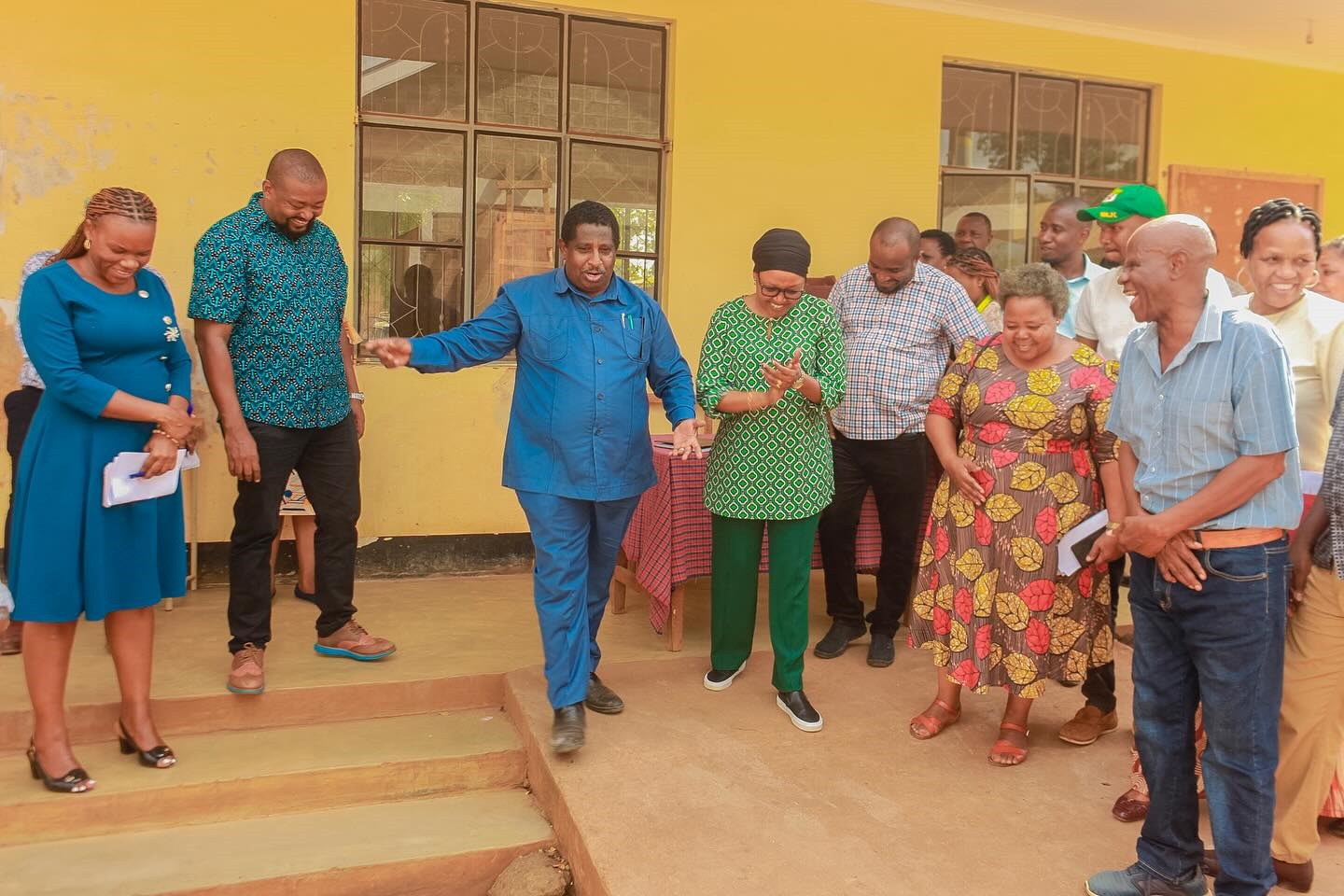Bringing innovation to villages: A first hand solution for clean water, health, development
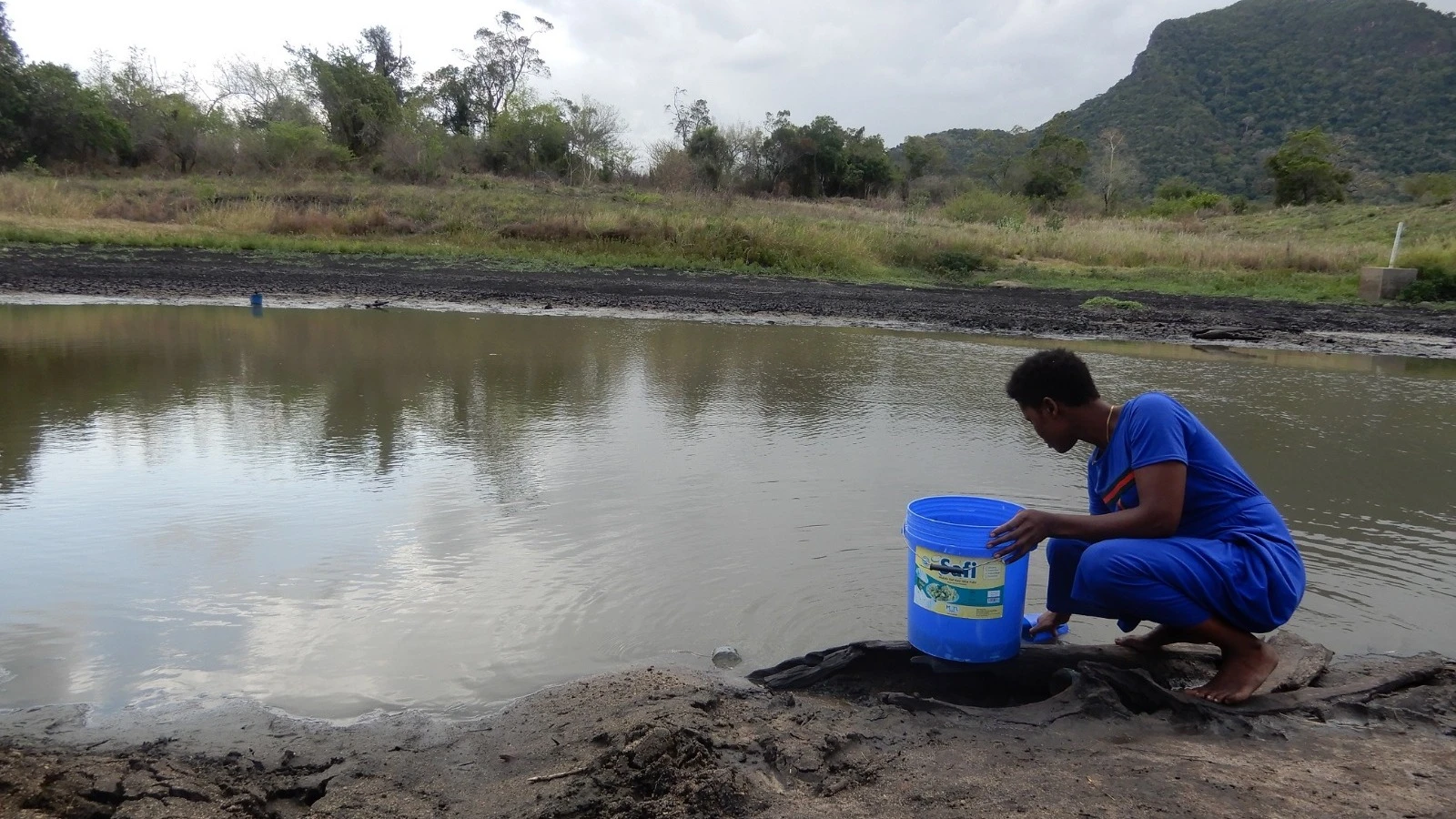
WATER is life, and this fact is well known to the citizens of Tanzania, especially those living in rural areas, where the lack of adequate clean water has caused tremendous hardship, illness, and even death.
It is her deep care for the Tanzanians that led President Samia Suluhu Hassan to make finding a solution to this problem her top priority. She has announced that it is her goal to ensure every village has access to piped water by the end of 2025.
To achieve this goal, she has initiated the national campaign 'Kumtua Mama Ndoro Kichwani,' meaning 'Landing a Bucket on Women's Head,' specifically designed to improve access to clean and safe water services in both urban and rural areas.
The mission of Ministry of Water is to improve access to safe drinking water and sanitation services for all citizens, while managing water resources to ensure national food security and sustainable industrial economic development.
“We have made significant progress in providing millions of citizens with access to clean and safe water; however, there are still areas in need, and the work continues,” Samia quoted as saying.
She also recently instructed Water Minister Jumaa Aweso to address the water challenge in the Komungu area of Kwamsisi Village.
Samia’s instruction highlights the significant work being done by the Tanzanian government to solve the water crisis, but it also acknowledges that more efforts are needed to reach all areas and fulfill the goal.
Tanzanian Water Project implementer, Hamisi Mlaponi, has researched this issue and found a solution in the Solar/Thermal Distillation/Desalination System, developed by Sun Fresh Water, LLC, in partnership with the City College of New York and New York State University at Albany. This solution has been presented to the Tanzania Ministry of Water, and their Technical Committee has concluded that the technology is in line with both water sector development frameworks and global initiatives addressing climate change impacts.
A significant benefit of this technology is its simplicity, as it mimics nature’s process of fresh water production — distillation. In nature, the Sun heats the Earth's oceans, causing the freshwater component to separate, evaporate, and rise into the atmosphere, where it condenses into clouds and returns to the Earth as precipitation.
The Sun Fresh Water system replicates this process but replaces the Earth’s atmosphere with enclosed containers. The system requires only two components: a source of contaminated water (saltwater, brackish water, or otherwise contaminated water) and sunlight — both of which Tanzania has in abundance.
Many villages in Tanzania rely on boreholes for water, but this water often contains harmful contaminants, such as fluoride. Distillation significantly reduces or may completely eliminate these harmful substances, which helps achieve the National Water Policy’s goal of providing clean and safe water to rural residents.
Furthermore, Sun Fresh Water, LLC, proposes to assist the Ministry of Water in achieving sustainable industrial-based economic development by making Tanzania the center for providing a reliable and sustainable source of potable water throughout East Africa.
The United Nations has established 17 Sustainable Development Goals (SDGs) with 169 targets for all member states to achieve by 2030. SDG 6 focuses on ensuring "clean water and sanitation for all" and recognizes that improving water, sanitation, and hygiene can support progress in other areas such as health, education, and poverty reduction.
Tanzania has committed to achieving SDG 6.1 and 6.2 targets as part of its third National Five-Year Development Plan by 2030. The plan also outlines a goal for 2025: “universal access to safe water.”
“This is the only real solution I see,” said Mlaponi. He continued, “Bringing this innovation to Tanzania’s villages may be the greatest improvement ever provided to the people of our country. Securing a sustainable source of clean water would improve public health and well-being, relieve the burden on women who must gather water daily, and enable them to focus more on their families. It will also improve sanitation, hygiene, and agricultural production. With this system, we can meet President Samia’s goal of bringing fresh, clean water to our people, with immense benefits for all.”
Through various NGOs, Hamisi Mlaponi has played a crucial role in promoting access to clean water by raising funds, implementing projects, raising awareness, and advocating for policy changes. Since 2016, he has worked in regions where government infrastructure and services are lacking, particularly in Tanga and Morogoro. His NGOs promote access to clean water by constructing wells, boreholes, and water purification systems in both rural and urban communities.
Mlaponi also plays a significant role in raising awareness about the importance of clean water and the issues surrounding water scarcity.
Despite the many potential benefits of this technology, authorization to implement the system has not yet been granted. Joseph D’Alba, President of Sun Fresh Water, explained, “The greatest inventions in history have often been the simplest and most obvious. For thousands of years, mankind looked at the full moon before the wheel was invented. Distillation, a process Nature developed when the oceans were formed, is a solution for today’s global challenge of securing a sustainable source of potable water.”
He added, “It would be an honor to work with the United Republic of Tanzania to lead the world toward a safe, healthy, and secure future with abundant access to clean, fresh water — where women and children no longer toil daily to provide water for their families, and no one suffers the cruelty of dying from thirst or from consuming contaminated water.”
The Tanzania Ministry of Water envisions a water-secure country, where citizens have sustainable access to sufficient and quality water to meet their human, economic, and environmental needs. The Sun Fresh Water system will make this vision a reality.
Top Headlines
© 2025 IPPMEDIA.COM. ALL RIGHTS RESERVED













